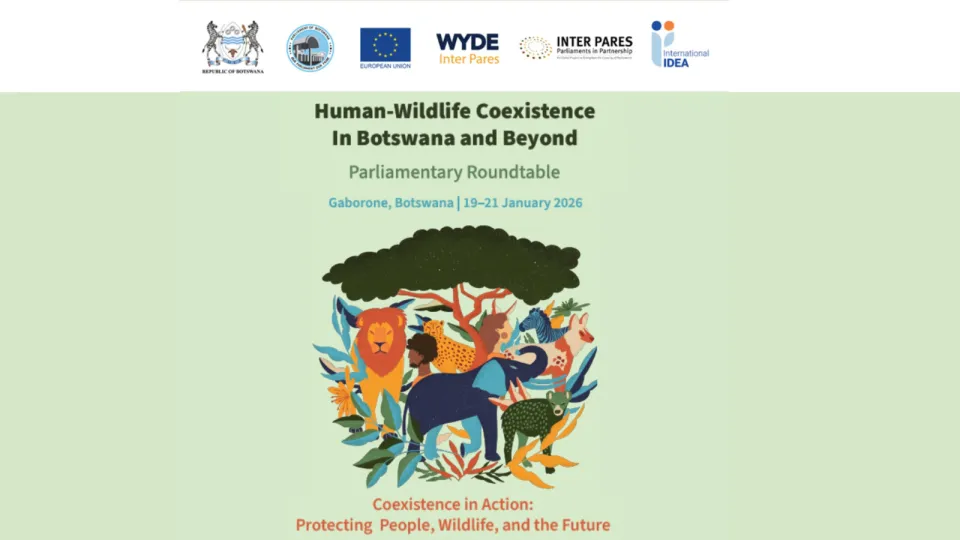
However, with only six years to go until 2030, the 2030 Agenda is notably off track, including SDG 16. The latest official data indicates that two of the targets are regressing (16.3 on justice and 16.8 on global governance), three are making marginal progress and only one is making moderate progress (16.1 on reduction of violence) – six of the targets do not have data coverage (for detailed data analysis on each target see UNODC et.al 2024). According to non-official data produced, none of the twelve SDG 16 targets are likely to be achieved by 2030, with only two showing signs of progress (birth registration and national human rights institutions). Five targets are regressing: peace and violence, children's rights, the rule of law and access to justice, fundamental freedoms, and non-discrimination. There is great concern over the stalled progress on achieving peace-related objectives. The remaining five targets have shown little change since their adoption (TAP Network 2023).
SDG 16's trajectory is closely related to the global health of democracy. According to International IDEA’s Global State of Democracy report, democracy is in decline worldwide, and authoritarianism is on the rise. This trend is intricately linked to the decline observed on SDG 16. The democratic declines noted in every region of the world are largely driven by the significant weakening of formal countervailing institutions, notably elections, legislatures, and judiciaries—key institutions for SDG 16 and sustainable development. Over the last decade, respect for core democratic rights has weakened, with declines in fundamental rights such as freedom of expression, freedom of assembly and association, and personal integrity and security, all of which are central to SDG 16.
As we take stock of challenges to achieving progress on SDG 16, the High-Level Political Forum (HLPF) 2024 provided a critical juncture to advance the discussion on the role of SDG 16 for the 2030 Agenda.
International IDEA’s newly launched report SDG 16 as an Enabler of the 2030 Agenda contributes to this discussion by providing data and analysis, aiming to offer a more robust evidence base for the role of SDG 16 as an enabler and accelerator of the entire SDG framework.
The SDG 16 community frequently asserts that declines in SDG 16 have negative ripple effects across the entire 2030 Agenda because of its enabling character. This new International IDEA report aims to substantiate this claim by examining the existing literature and conducting an in-depth meta-analysis of the evidence base underpinning SDG 16’s interlinkages with other SDGs. The key questions guiding this analysis are: For which SDGs does SDG 16 seem to be enabling and have a clear interlinkage? Which dimensions of SDG 16 (according to the 12 targets) have the most extensive and robust evidence base as enabling other SDGs? For which SDGs and SDG 16 targets is there less or no evidence base of interlinkage?
The report’s primary aim is to support UN member states, the UN and its specialized agencies, policymakers, and the SDG16+ community of civil society and intergovernmental organizations (IGOs) in their advocacy on SDG 16 with a stronger and more nuanced evidence base on the enabling effect of SDG 16.
The analysis reveals clear and substantial interlinkages between SDG 16 and all other SDGs, with significant evidence for ten of the seventeen SDGs. The most substantial evidence exists for SDG 1 (No Poverty), SDG 3 (Good Health and Well-being), SDG 4 (Quality Education), SDG 5 (Gender Equality), and SDG 10 (Reduced Inequalities). Moderate evidence supports SDG 16’s positive impact on SDG 2 (Zero Hunger), SDG 6 (Clean Water and Sanitation), SDG 8 (Decent Work and Economic Growth), SDG 11 (Sustainable Cities and Communities), and SDG 13 (Climate Action).
Conversely, there is some, but less evidence for interlinkages with SDG 7 (Affordable and Clean Energy), SDG 9 (Industry, Innovation and Infrastructure), SDG 12 (Responsible Consumption and Production), SDG 14 (Life Below Water), SDG 15 (Life on Land), and SDG 17 (Partnerships). However, these should be viewed as potential gaps in research rather than evidence of lack of interlinkage.
An analysis of SDG 16 targets reveals that targets 16.7 (participatory decision-making), 16.3 (justice), 16.4 (reduced arms flow and organized crime), 16.6 (transparent institutions), and 16.5 (reduced corruption) show the most interlinkages with other goals. The literature also captures the negative impact of violence, corruption, injustice, and insecurity on health, education, jobs, urban development, and other SDGs, underscoring the crucial role of rights, participation, representation, and the rule of law in achieving sustainable development.
The resulting policy recommendations from the report include enhancing the governance focus of sectoral interventions, viewing investments in SDG 16-related areas as necessities for long-term development, establishing mechanisms for information sharing, and protecting those working on SDG 16, as the environment for human rights defenders, journalists, and politicians has become increasingly perilous. These steps are crucial for leveraging SDG 16 to drive progress across the entire 2030 Agenda.




